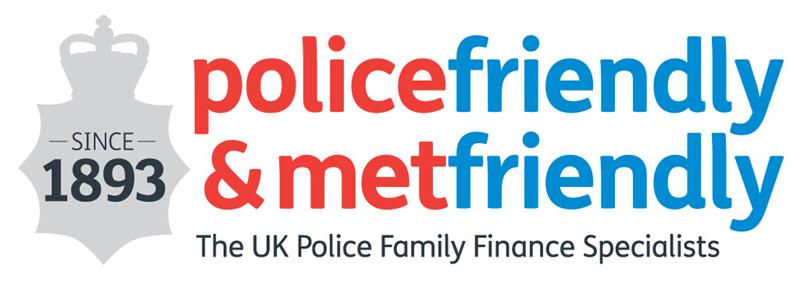What to do when someone dies
We are sorry for your loss. We want to make dealing with us at this difficult time, as easy as possible for you.
Once you have registered their passing either at your local Register Office or online, you will receive a death certificate. Many companies require a copy of an original, not a photocopy, so please consider obtaining more than one copy if you have several companies to notify.
Please call us on 01689 891454, send an email to our member services team at [email protected] or if you would prefer to discuss the matter in person, come to our office in Orpington, Kent.
You may find some useful information on the Government website https://www.gov.uk/when-someone-dies
https://www.gov.uk/register-offices
https://www.gov.uk/register-a-death
What will I need to provide?
Our team will kindly request certified copies of the following documents:
- Death certificate – Issued once the death has been registered, an original not a photocopy.
- Will
- Grant of Probate – You may have to provide this for some claims that exceed £10,000 (see Can funds be transferred into someone else’s name)
- Letter of Administration – You will be required to provide this where there is no will and the claim exceeds £10,000
- Proof of Identity – In some circumstances we may need to request identification documentation for the Executor(s)
These documents can be scanned and emailed to us at [email protected] or posted to our office address below.
MPFS, Central Court, Knoll Rise, Orpington, BR6 0JA
Can funds be transferred into someone else’s name?
A surviving spouse or civil partner can make an extra, one-off ISA contribution up to the value of the deceased partner’s ISA using an Additional Permitted Subscription. As the Additional Permitted Subscription is a separate entitlement, it does not count towards the normal ISA allowance (currently £20,000 in 2025/2026 tax year).
Upon receipt of the death certificate, and with the surviving spouse named as a beneficiary in the will, we can process the transfer once the APS and application forms are completed.
Can I get any money to help with costs?
We understand that expenses such as solicitors, Probate / Administration and the funeral can arise and often place financial burden on those dealing with the estate.
While the full estate is being concluded, it is possible for us to release some funds to ensure these necessary payments are made.
How long will the process take?
Once you have provided all the required documentation, we aim to process and pay the claim within 5 working days.
Who will the funds be paid to?
Funds can only be transferred to the Executor of the estate or a verified solicitor. Where more than one executor is appointed, funds can be transferred either to a joint account in both names, or to one of the named executors with permission from the other(s).
Only where a policy has been placed in trust, will any claim be paid to more than one beneficiary.
What tax will I have to pay?
Please visit the Government website which provides further information on when you are required to pay inheritance tax – https://www.gov.uk/inheritance-tax
Glossary of terms:
Beneficiary – A person who inherits part or all the estate
Certified copy – A copy of an original document signed and verified by a solicitor
Death Certificate – The legal document issued by the Registry Office after a death has been registered.
Estate – All assets belonging to the deceased
Executor – A person appointed in the Will to administer the estate
Letter of Administration – A document giving the authority to administer an estate where there is no Will.
Grant of Probate – A document giving the authority to administer an estate in accordance with the will.
Inheritance tax – A tax paid to HMRC on the estate of the deceased.
Trust – A legal entity which can own property. Usually, a Trust is governed by a legal written document called a Trust Deed or a Declaration of Trust, which specifies all the details.
Will – The official document detailing the wishes of a person upon their death.
